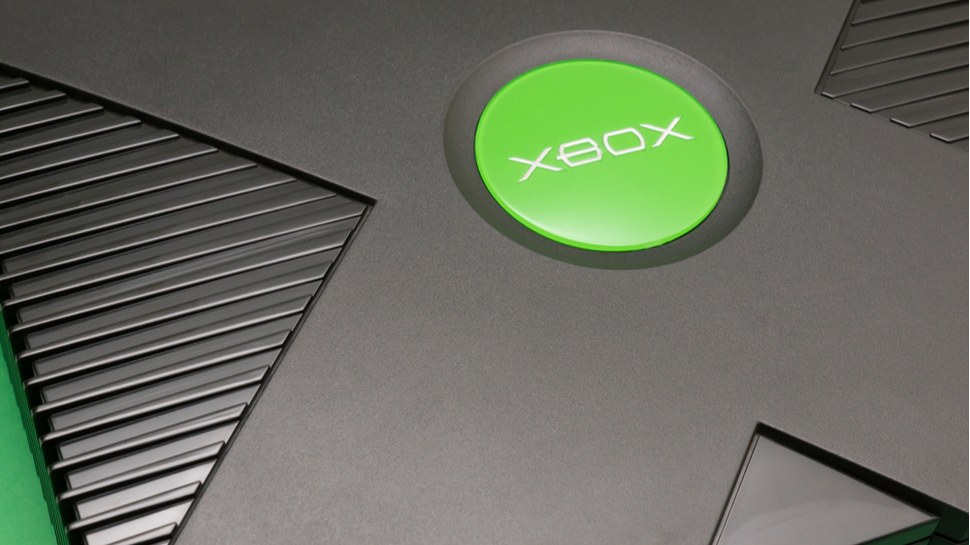Xbox boss Phil Spencer wants wider support for game emulation – and that's great
Preservation of older titles is on the Xbox agenda

Sign up for breaking news, reviews, opinion, top tech deals, and more.
You are now subscribed
Your newsletter sign-up was successful
Xbox boss Phil Spencer has come out in support of a wider acceptance of emulation practices in the gaming industry.
Game emulation is the process of running games on hardware they weren’t designed for – whether that’s bringing an old SEGA game to an Xbox Series X, or running a Nintendo GameCube game on a PC. It’s distinct from a re-release or remastering of an old title in that it’s taking the original code for an existing game, and finding a way to make it believe it’s running on the old hardware it was intended for through software trickery. In some instances, emulation can make games run better than they did in the first instance, improving frame rates, resolution and squashing bugs.
“My hope — and I think I have to present it that way as of now — is as an industry we’d work on legal emulation that allowed modern hardware to run any (within reason) older executable allowing someone to play any game,” said Xbox boss Phil Spencer in a discussion with Axios.
“I think we can learn from the history of how we got here through the creative,” Spencer said. “I love it in music. And I love it in movies and TV, and there’s positive reasons for gaming to want to follow.”
Xbox has been leading the charge when it comes to on-console emulation through its backwards compatibility program which sees games from the first generation of Xbox run on the newest Xbox Series X consoles through software emulation. Similarly, Nintendo Switch’s Online retro gaming library of NES, SNES, N64 and 16-bit SEGA titles uses software emulation, too.
While tinkering with and building emulators themselves is legal, running copyrighted material such as games through them is legally complex and usually straight-up illegal unless under specific circumstances. Wider industry support could find a way of opening up older games, legally, to whole new audiences, giving greater access to the history of the medium.
Analysis: Emulation vs remastering
It’s an interesting position for game publishers to be in. At present, hard-to-find older games are often only playable through legally-gray emulation. Publishers are losing money by potentially being able to serve them to gamers themselves.
Sign up for breaking news, reviews, opinion, top tech deals, and more.
However, investing in emulation can be costly and difficult – you only need to look at the poor performance of the Nintendo Switch’s N64 titles for evidence of that. Emulation is a technical art form, and just because a new machine is more powerful than the older one doesn’t necessarily mean that making it work will be a piece of cake.
The alternative is to do a full remaster of classic games. This currently seems to be a publisher’s preferred method of bringing older titles to newer audiences. It affords the opportunity to re-release at full price, and to update titles for modern standards. But it does not restore access to the title as it originally existed. And, as in evidence by the recent Grand Theft Auto: The Trilogy - Definitive Edition, it can backfire, introducing new issues and losing the spirit of the original. A mixture of both approaches – well-considered emulation, and generous remasterings – serve the gamers, and the games, best.

Gerald is Editor-in-Chief of Shortlist.com. Previously he was the Executive Editor for TechRadar, taking care of the site's home cinema, gaming, smart home, entertainment and audio output. He loves gaming, but don't expect him to play with you unless your console is hooked up to a 4K HDR screen and a 7.1 surround system. Before TechRadar, Gerald was Editor of Gizmodo UK. He was also the EIC of iMore.com, and is the author of 'Get Technology: Upgrade Your Future', published by Aurum Press.